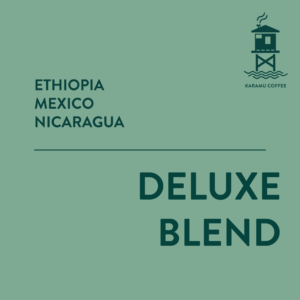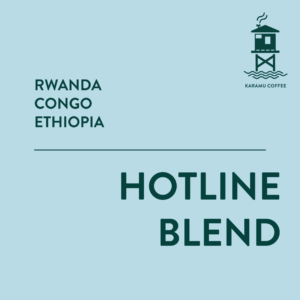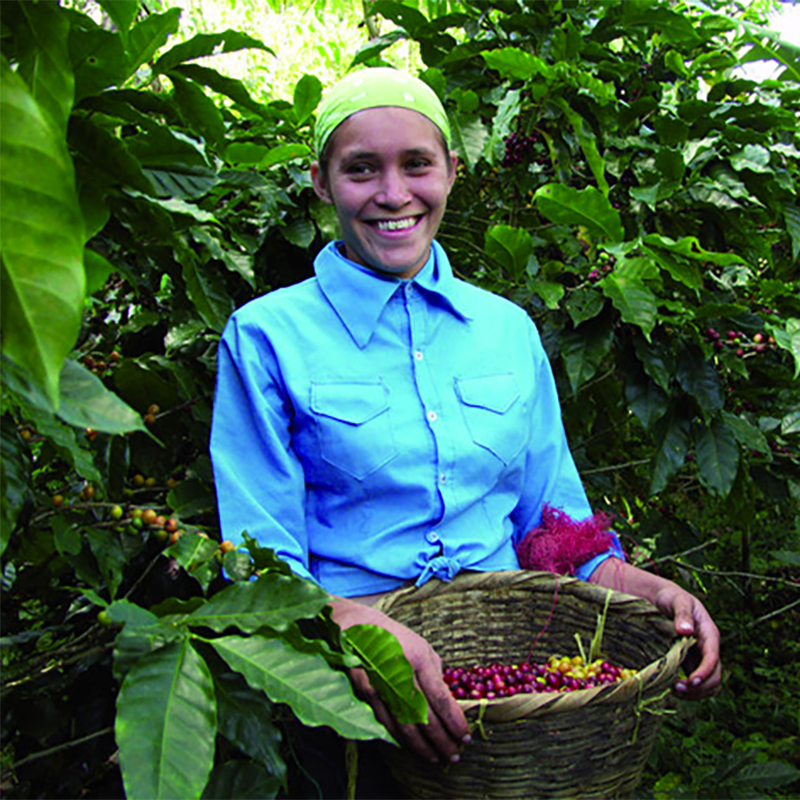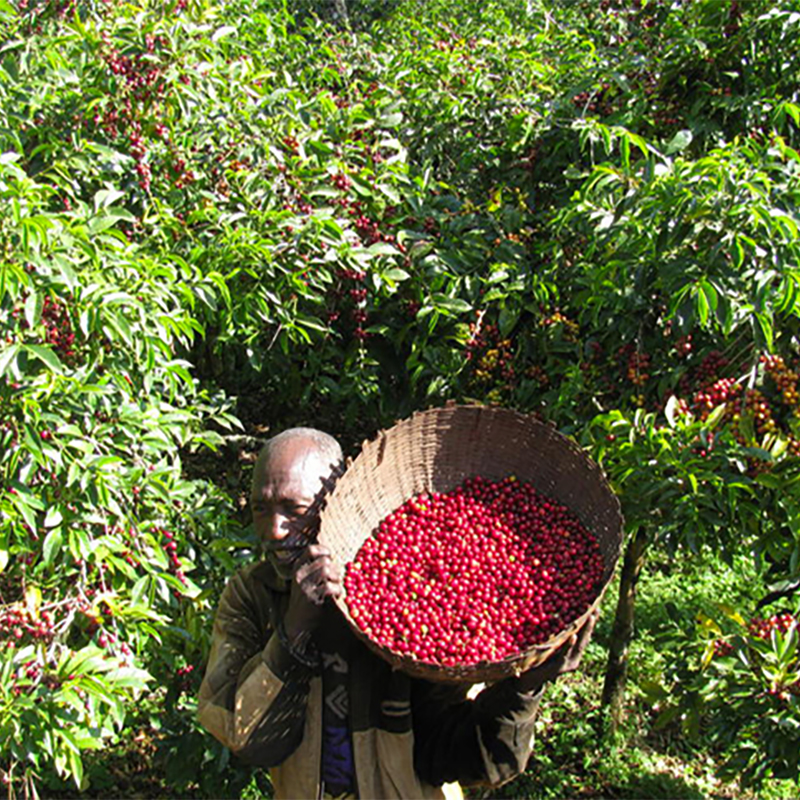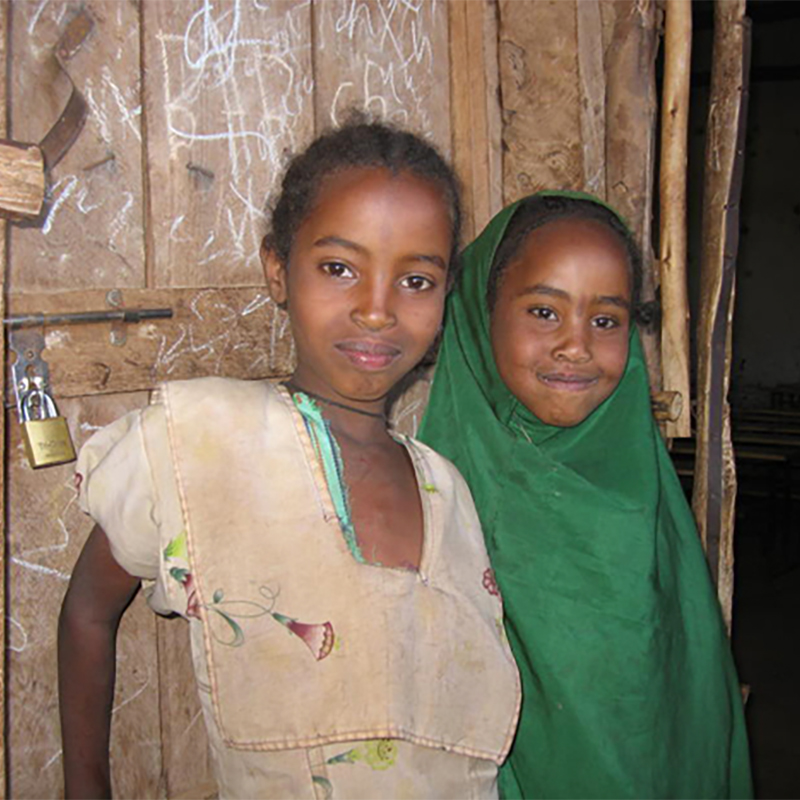The Power to Make a Difference
The Power to Make a Difference
At Karamu Espresso we roast ethically sourced and organic coffee. We believe that our producers should be socially responsible, provide a fair price to farmers and be kind to the environment. This means being eco-friendly. No exploitation or unfair labour practices. Sustainable farming methods and supporting local initiates and the communities they serve.
-
Deluxe Blend
Price range: $16.00 through $128.00 -
Ethiopian Sidamo
Price range: $16.00 through $128.00 -
Hotline Blend
Price range: $16.00 through $128.00
Why Ethical Trade?
The world is changing and consumers are becoming more mindful of their ability to affect change and drive positive outcomes through their purchasing choices. As we become
more conscious consumers the demand for ethical products increases and we are able to contribute to a better and fairer world.
At Karamu we care deeply about the environment and our impact in the world we live in. About fairness, sustainability and community. We are proud to be a living wage employer - looking after our staff, our community and the communities we do business with.
Our Beans
A coffee farmer who’s part of the PRODECOOP collection of fair trade coffee cooperatives.
Mokona Hirbayee, a Yirgacheffe coffee farmer with the Fair Trade certified Negele Gorbitu cooperative.
Ayantu and Oromia Ibrahim, two of four sisters who now go to school after their community built one with their coffee cooperative’s Fair Trade premium earnings.
Classroom built with earnings from the Fair Trade coffee premium through the Negele Gorbitu coffee cooperative – now local kids don’t have to walk 10km and ford a river to get to school.




